
Under Islamic law, the term halal means permitted. If something is forbidden, it is deemed to be haram. These terms are used by Muslims across a broad spectrum to categorise everything in life, from food and drink consumption to cosmetics.
Rules under Islamic law are very strict and Muslims are only able to use halal items. When CBD oil came to the market, there was some controversy at first among devout Muslims over whether it would be permissible for use in the Islamic faith because of its origins.
So what was the verdict? Is CBD oil halal or haram?
CBD stands for cannabidiol, an extract from the cannabis plant. It is the non-psychoactive element of the plant, used frequently in wellbeing programmes as a supplement to help support a balanced diet and a healthy lifestyle.
CBD oil is commonly taken as oil drops under the tongue, but can also come in other forms such as absorption drinks, CBD creams, and CBD Patches. Consumers claim it is effective in helping to manage pain, anxiety, stress and nausea.
Many people assume that because CBD is derived from the cannabis plant that it will make you high if you consume it. But CBD is non-psychoactive, which means it doesn’t create any intoxication effect or make you feel “high”.
The compound in the cannabis plant that creates the “high” feeling is known as tetrahydrocannabinol or THC. CBD oil is legal to buy in the UK because it either does not contain THC or it has a very minimal trace that wouldn’t have any effect on the human body.
Some users claim that using CBD oil makes them feel more relaxed and calmer, which is why more than a third of users chose it for anxiety and stress. It is thought that this is because of the way the compound interacts with receptors in the body to change the way it reacts.
So if you're looking for a product to help you relax without making you feel high, then CBD oil could be the answer.
To put it simply - yes - CBD oil is considered to be halal by most Muslim scholars because it is an organically produced plant extract and doesn't have any psychoactive effects.
As long as it is 100% free from THC, it will not cause intoxication and doesn’t contain any haram products. It is deemed to be similar to other plant extracts such as lavender, which can also be used under Islamic law.
Full spectrum CBD oil can contain tiny traces of THC, but even these are considered halal because of the “negligible quantities”.
Broad spectrum CBD oils and CBD isolates (pure CBD) are also permitted for use in the Islamic faith as they do not contain any THC.
So, if you're a Muslim and are thinking about taking halal CBD oils that are THC-free, look for a broad-spectrum CBD or CBD isolate product that has been certified as halal by a reliable source.
When buying your CBD products, make sure you only purchase from a reputable company that uses certified organic ingredients and can provide third-party lab reports to prove the purity of their products.
CBD-infused products can be trickier to categorise into halal and haram so we would recommend that you are sure to check the contents of all CBD products before use.
Some products are obvious, such as CBD gummy bears made from gelatine. These would definitely be haram because gelatine is a product of animal matter, usually from pork which is strictly haram.
But some CBD products are not as clear. For example, some CBD capsules can also contain gelatine and some oils use haram flavourings so it is important to check the ingredients list of all products before you buy.
Additionally, vaping CBD is strictly haram as vaping is seen as imitating smoking, which is also forbidden. Any product or substance that can be harmful to the body or intoxicating is banned, so cigarettes and nicotine are all deemed to be haram. Vaping comes under the same umbrella.
CBD oil is often touted for its health benefits, and many people use it to help with conditions like anxiety, stress, pain relief and insomnia.
There is some scientific evidence to support these claims, but more research is needed to confirm the full extent of CBD's health benefits.
CBD is thought to interact with the body's endocannabinoid system, which plays a role in regulating various functions like sleep, appetite, pain and immunity.
Some studies have shown that CBD can help to reduce anxiety and improve sleep, while others have found it can help to relieve pain and inflammation.
What is clear is that more research is needed to fully understand the potential health benefits of CBD oil. If you're thinking about taking CBD oil for your health and wellness needs, make sure to speak to your doctor first.
CBD oil is generally considered to be safe, and there are very few reported side effects. The most common side effects include:
These side effects are usually mild and temporary. If you experience any more severe side effects, stop taking the CBD product and speak to your doctor.
No, CBD oil does not contain alcohol. CBD oil is usually made using two base ingredients – CBD extract and carrier oil. If you see "tincture" on a CBD product label, this usually means that it contains alcohol.
CBD tinctures are a traditional form of CBD oil and they are usually made using CBD extract and high-proof alcohol. The alcohol is then evaporated to leave behind a potent CBD oil.
Many medicines contain alcohol, but this does not make them haram. The same goes for CBD tinctures – the alcohol content is so low that it does not make the product haram.
According to Majallat al-Majma‘, issue 3, vol. 3, p. 1087, it is permissible to use alcohol-based medicines if alcohol-free versions are not available. Also, there must be a prescription from a certified doctor for it to be permissible.
The health food industry is one of the fastest-growing sectors in the world, and CBD products are becoming increasingly popular.
However, with so many products on the market, it can be hard to know which ones are halal-friendly.
Here are some things to look out for when choosing CBD products:
The best way to ensure that a CBD product is halal-friendly is to choose one that is made using broad-spectrum CBD or CBD isolate.
Broad-spectrum CBD formulas contain all the cannabinoids and terpenes from the hemp plants. However, they have been through a process to remove the THC and other psychoactive compounds. The broad-spectrum process leaves behind a CBD-rich oil that is free from THC.
A CBD isolate formula, on the other hand, contains only pure CBD. All other cannabinoids and compounds have been removed, leaving behind a 99% pure CBD product. And if a halal carrier oil has been used, the product will be 100% halal.
Important: While CBD isolates are THC-free, some may contain non-halal ingredients like dye and gelatine. Always check the label to make sure the ingredients are halal.
When it comes to choosing a CBD product, always opt for one that has been tested by a third-party laboratory.
Third-party lab testing is an independent process where CBD products are sent to an accredited laboratory for analysis. The lab will test the product for purity, potency and safety. They will also check for the presence of any harmful contaminants.
The results of these tests are then sent back to the CBD company, and they should be available to view on their website. If a company doesn't have third-party lab results, this is a red flag and you should avoid their products.
There are companies that claim their products are THC-free, but when they are sent for third-party testing, it is found that these are actually full-spectrum CBD products, and thus not halal.
The Qur’an teaches us that all creatures should be treated with kindness and compassion. This includes animals, and so halal products should not be tested on animals.
When choosing CBD products, look for ones that are certified vegan and cruelty-free. This means that the product does not contain animal-derived ingredients and has not been tested on animals.
Certified vegan products in the UK will usually have a logo on the packaging from the Halal Food Authority.
Yes! CBD oil is considered to be halal because it is a natural plant extract that will not make you high.
It is important to use a reputable, trusted supplier so you can be sure of their “THC free” status and confident in your use of a halal product.
Due to its origins and the very strict guidelines surrounding halal or haram, some Muslims may feel most comfortable talking to their own local religious leaders and doing their own research before making a final decision on using CBD oil.
Yes, CBD oil is halal because it contains negligible amounts of THC.
No, hemp is not haram in Islam. Hemp is a plant that has been used for centuries for its fibre, oil and seeds.
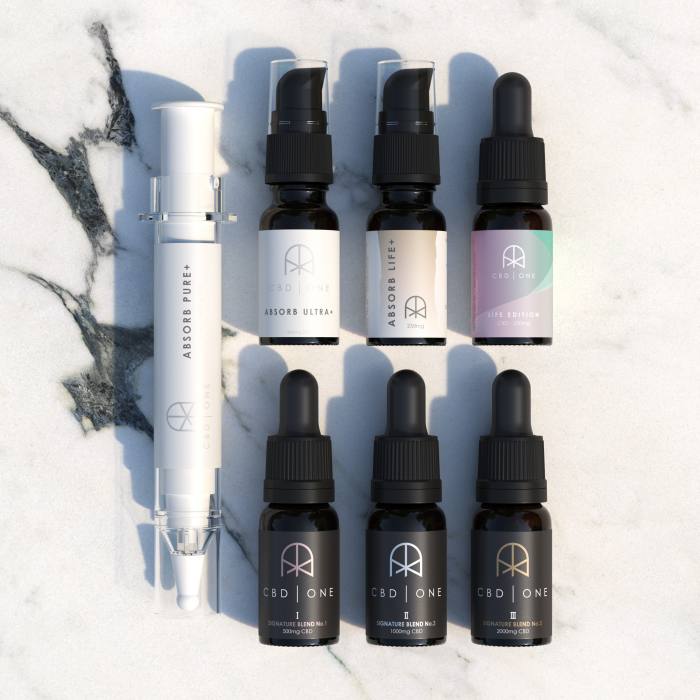
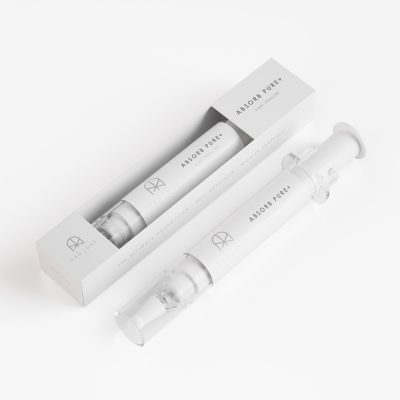
Bioavailability:?Bioavailability | 99% |
CBD content:?CBD content | 800mg | 1600mg | 4000mg |
Cannabinoid spectrum:?Cannabinoid spectrum | Full |
| Daily use: | Once daily |
Best for:?Best for | Powerful water-soluble option |
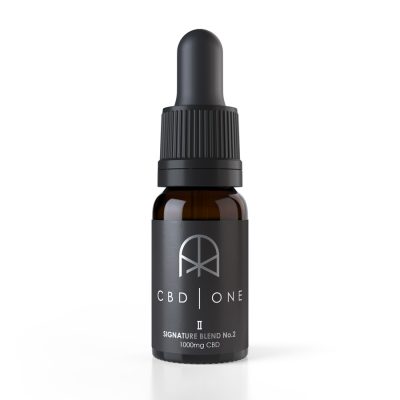
Bioavailability:?Bioavailability | 12 % |
CBD content:?CBD content | 1000mg | 2000mg | 5000mg |
Cannabinoid spectrum:?Cannabinoid spectrum | Full |
| Daily use: | 1-3 times |
Best for:?Best for | All round oil |
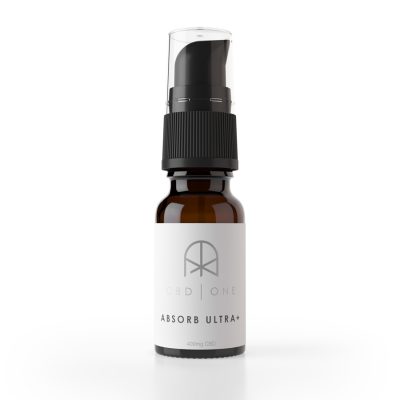
Bioavailability:?Bioavailability | 99% |
CBD content:?CBD content | 400mg | 800mg | 2000mg |
Cannabinoid spectrum:?Cannabinoid spectrum | Full |
| Daily use: | Once daily |
Best for:?Best for | Great all-rounder |
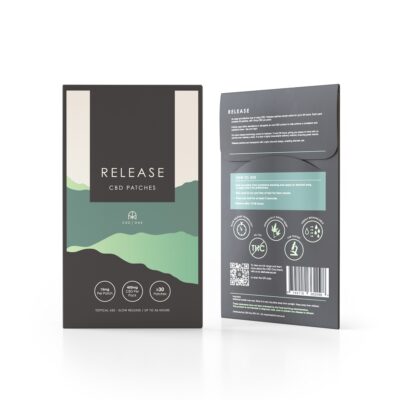
Bioavailability:?Bioavailability | 40%+ |
CBD Content:?CBD Content | 450mg | 900mg | 1350mg |
Cannabinoid spectrum:?Cannabinoid spectrum | Pure CBD |
| Daily use: | Once |
Best for:?Best for | Round the clock super-effective dosing |